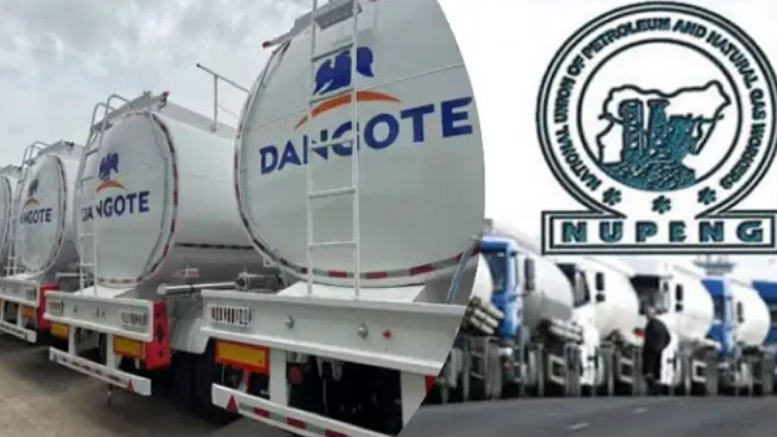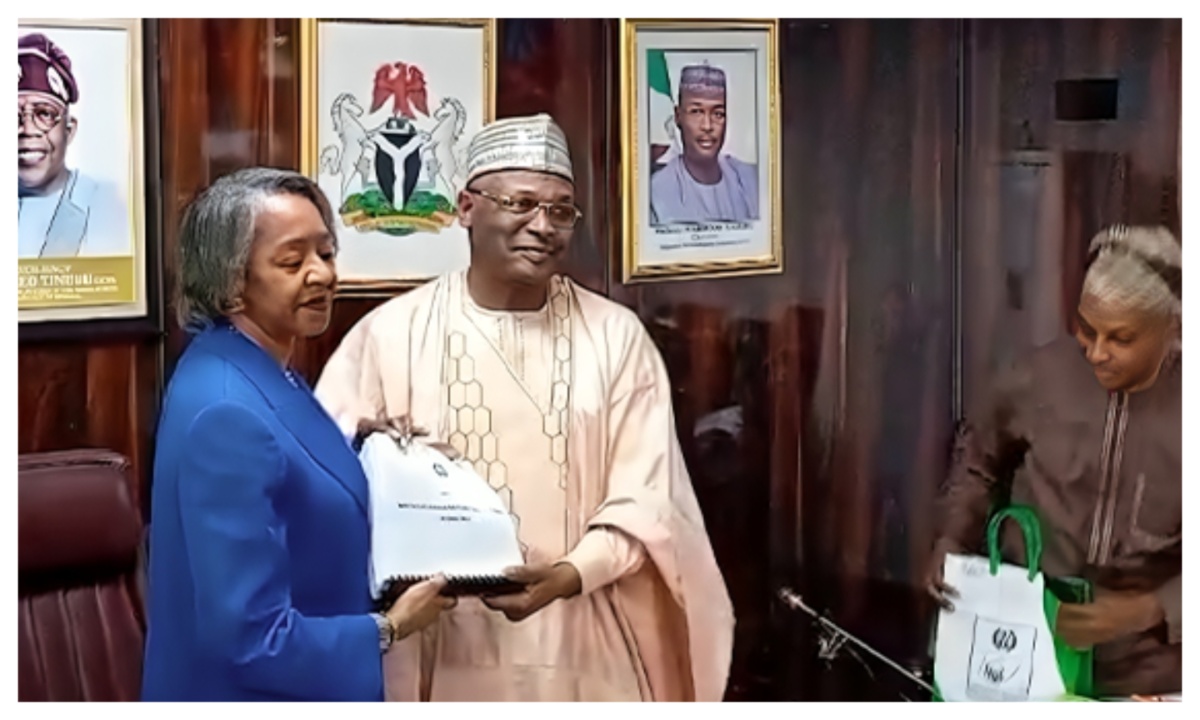The fragile peace between the Nigerian Union of Petroleum and Natural Gas Workers (NUPENG) and the $20bn Dangote Petroleum Refinery has broken down, sparking a fierce labour dispute that threatens national fuel supply.
The row stems from NUPENG’s claim that Dangote reneged on a Memorandum of Understanding signed on September 9, which guaranteed tanker drivers the right to unionise. Within 48 hours, the union alleged, refinery officials ordered drivers to strip union stickers from trucks and violated agreed loading procedures.
Union president Williams Akporeha accused Sayyu Dantata, a key refinery player, of using security forces to intimidate workers. NUPENG condemned the “impunity” and placed members on red alert for a possible nationwide strike, suspended earlier in the week after government mediation.
The conflict began when NUPENG accused the refinery of barring 4,000 compressed natural gas truck drivers from joining unions, triggering a strike on September 8. Though suspended after the MoU, tensions reignited with allegations of non-compliance.
Fuel marketers urged restraint, warning of scarcity if the dispute escalates. The Nigeria Labour Congress branded the refinery’s actions a “gross violation” of the agreement, with one official saying Dangote acted as if running a “Dangote Republic.”
The Ministry of Labour has yet to receive a formal complaint but faces criticism over weak enforcement of agreements. Analysts warn that government credibility is at stake if Dangote openly disregards state-brokered deals.
In response, Dangote Refinery denied the allegations, calling them “wholly inaccurate.” The company insisted union membership is voluntary, dismissed claims of coercion, and highlighted its CNG truck initiative expected to create 60,000 jobs with strong benefits.
With NUPENG threatening to resume strikes from September 15, the dispute has become more than a labour clash — it is now a test of Nigeria’s labour governance and the Federal Government’s authority over powerful conglomerates. For Nigerians, the pressing concern remains: will this standoff trigger yet another fuel scarcity?











